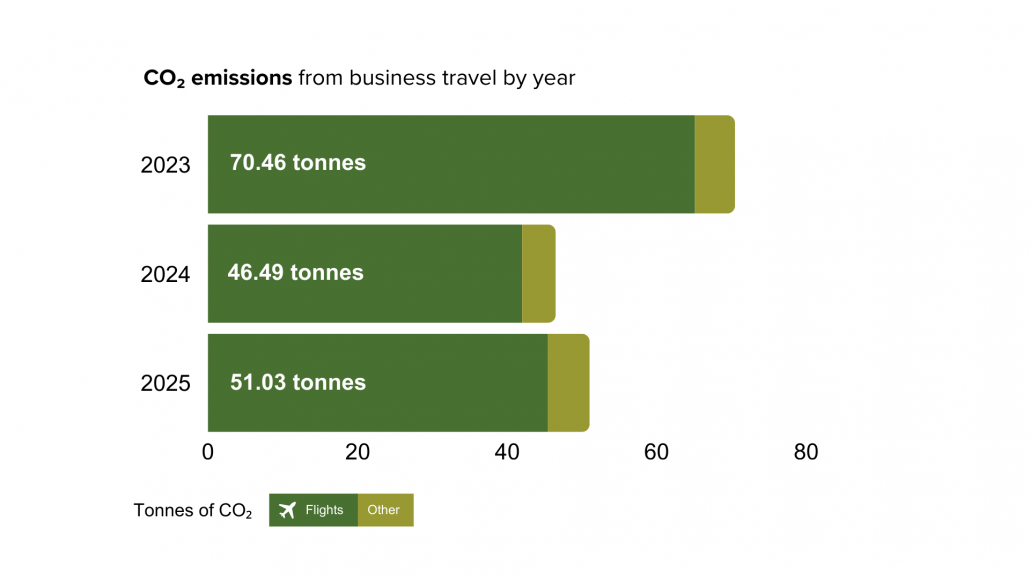Environment
Fairtrade International’s most recent strategy (covering 2021-2025) embeds climate justice within the fair trade movement. Recognising the need for collective action to tackle injustice, Fairtrade ‘rely on strong partnerships’, to ensure success. As a partner in the fair trade movement, it is key that we are part of this collective action and apply a climate justice lens across our work and how we conduct our activities. Through both our lending and project activity, we exist to support those who are embedding sustainable practices into their businesses, for example with Fairtrade and organic certifications.
Recognising the impacts of climate change on those we work with, and the need to be aware of our own environmental footprint, the team participated in climate training tailored to our organisation. This will support us as we progress towards our strategic review and has equipped all colleagues with a baseline of knowledge about climate change and its impacts. Furthermore, it has sparked consideration of the role we can play to support the resilience of our customers and ensure our own resilience as an organisation
Click here to read the full Social Accounts document.
Back to menu

